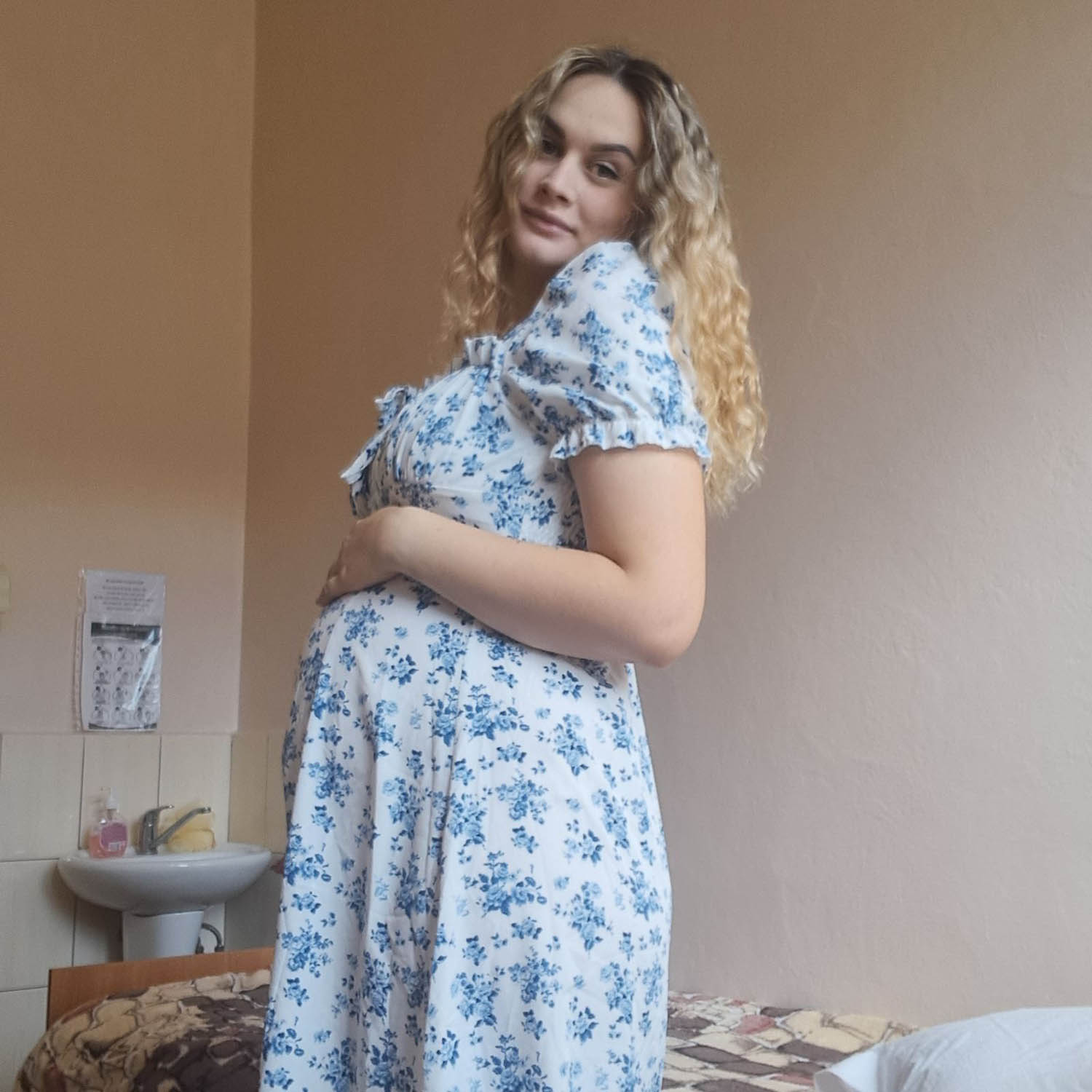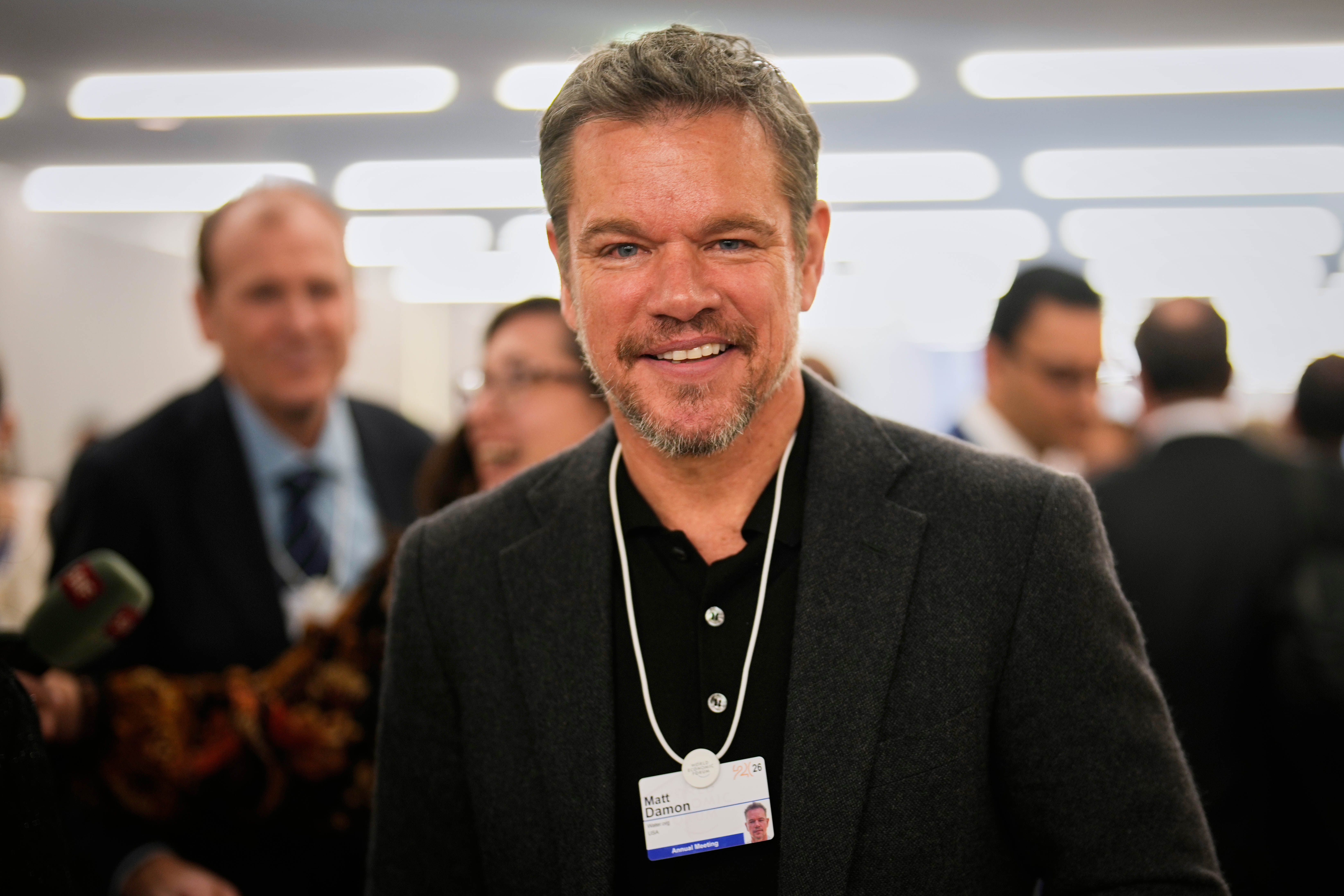Her name was Diana Koshyk and she was 23 years old. She liked to write poetry and paint, and she was the “love of my life”, says her husband Oleksandr Koshyk, 27.
Diana was seven months pregnant, carrying a son the couple had named Damir, when she was killed last week in a Russian strike at a maternity hospital in Ukraine’s eastern Dnipropetrovsk region. It was a high-risk pregnancy and doctors thought she would be safer staying at the hospital full-time.
At around 2am last Tuesday, hours after US President Donald Trump announced that he was shortening a ceasefire deadline imposed on Russia, Oleksandr received a panicked phone call. Diana was on her way to the hospital’s bomb shelter.
“A few seconds later, I heard her scream,” he says. The line cut out and eventually a man answered and told Oleksandr his wife was dead.
In disbelief, Oleksandr drove straight to the hospital from their home in a nearby village. He found a body covered in a sheet, with Diana’s green slippers beside it.
“I asked her to stand up and open her eyes, but she didn’t,” he says. “Now I am alive, I can breathe, but my soul left my body as soon as I saw her body. I am empty inside.”
The US has piled pressure on Russia’s President Vladimir Putin to agree to a ceasefire but so far Putin has signalled no shift in his stance. On Friday, Putin said he hoped for more peace talks with Ukraine, but that the momentum of the war was in Russia’s favour.
On Monday evening, Trump announced from a windswept golf course in Scotland that he was reducing a previous 50 day deadline to “10 or 12”, saying he was disappointed in Putin’s refusal to stop the war.
Related articles:
Instead, Moscow appeared to ramp up its attacks on civilians, firing hundreds of drones and dozens of missiles, damaging homes, hospitals, prisons, schools and shopping centres.
In the early hours of Tuesday, around the same time as the attack that killed Diana, a Zaporizhzhia prison was bombed, killing 16 and injuring more than 40. Ukraine's President Volodymyr Zelenskyy said the prison, which was a civilian facility, was targeted deliberately.
Newsletters
Choose the newsletters you want to receive
View more
For information about how The Observer protects your data, read our Privacy Policy
On Thursday, the capital Kyiv suffered its deadliest attack in a year – a coordinated barrage of more than 300 drones and eight ballistic missiles that collapsed a nine-storey apartment block and killed 31, including five children. The youngest was 2.
Among the victims was Iryna Humenyuk, a coffee enthusiast, and her two daughters: Alina and Anastasiia, thought to be 12 and 15. The family had fled Donbas for Kyiv during the first year of the war, hoping to find safety.
“Their apartment is now silent. Where once there was laughter and children’s voices, there is emptiness,” said a tribute from the girls’ school on Facebook. “We will remember their smiles, their kind hearts, and their desire to live and learn.”
June was the deadliest month for civilians in almost three years, with 232 killed and more than 1,300 injured. July looks set to surpass it. According to Ukraine’s armed forces, Russia launched a record of almost 6,500 drones in July alone – the highest number since the war started and around 13% more than June.
The attacks have put Ukraine’s air defence systems under unprecedented strain, leaving civilian areas increasingly vulnerable. This is of particular concern, as Russia is dramatically increasing drone production.Military experts have warned that, by November, it could be capable of launching up to 2,000 drones a night.
Responding to Thursday's attack, Trump called Moscow’s actions “disgusting” and vowed to impose new sanctions, although he admitted later: “I don’t know that sanctions bother [Putin]”.
On Friday, Putin said he hoped for more peace talks with Ukraine, but that the momentum of the war was in Russia’s favour.
More than 6,700 Ukrainian civilians were killed or injured in the first half of this year, according to the UN – the highest number since the first stage of the war.
“Diana never thought the hospital would be dangerous, there was a basement shelter,” says Oleksandr Koshyk. “The last evening we saw each other, it’s such a shame – I was in a hurry to go home. I told her I would clean the house so it would be ready for her and the baby when they come home. Now this clean home seems so pointless – there is no one left to need it.”
This article was amended on Saturday 23 August to include additional reporting.


